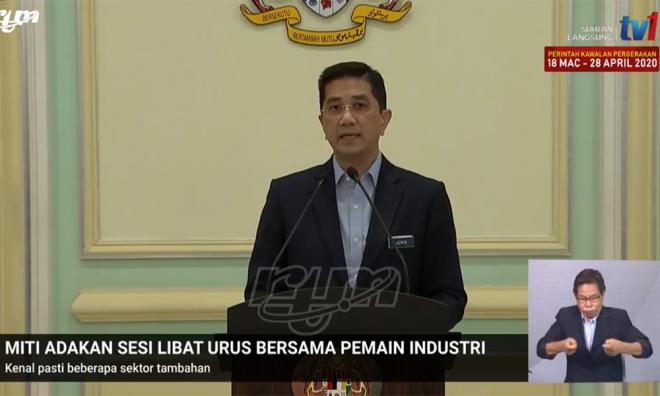
I refer to the report “States have power over health matters, Azmin Ali told”.
Matters of public health and prevention of diseases do fall under the Concurrent List, Ninth Schedule of the Federal Constitution. This means that the Federal Parliament and the State Legislature may make law on both matters.
However, if any state law is inconsistent with federal law, the federal law shall prevail and the state law shall, to the extent of the inconsistency, be void. [Article 75 of the Federal Constitution]
The Prevention and Control of Infectious Diseases Act 1988 (Act 342) is a federal law on the prevention of infectious diseases. Section 1(1) clearly provides that it shall apply throughout Malaysia. The movement control orders (MCOs) are all regulated under Act 342 – Section 11(2) – and are therefore federal laws and apply throughout Malaysia.
Act 342 also repeals state laws that were in force then [Section 33] and the Second Schedule lists out the laws. There are no state laws on public health and prevention of diseases except Sabah’s Public Health Ordinance 1960 which was not repealed by Act 342 and remains in force.
No states have since enacted laws on the matters except for Sarawak. The Protection of Public Health Ordinance, 1999 (Swk Cap 30) is the state law to consolidate the law relating to public health in Sarawak and to make better provisions in relation thereto.
Even so, the ordinance makes several references to Act 342. For example, section 15 provides that where any area in the state has been declared an infected area under Section 11(1) of Act 342, the minister having responsibilities for public health may by order (a) regulate the movement of persons and animals into or from the infected area; and (b) prescribe such measures or actions to be taken by the Sarawak director of health, public health officer or any officer of the government or any person within or residing in the infected area to prevent the spread of the infectious disease or necessary for its eradication.
There is, however, an important qualification. The order made by the Sarawak minister must not be inconsistent with Act 342 or any regulations made thereunder. In today’s terms, it means the conditional MCO which is in force since May 4.
This is consistent with Article 75 of the Federal Constitution.
So, the conditional MCO applies throughout Malaysia. If any state law is inconsistent with the conditional MCO, the latter prevails.
But of course, the local government is a state matter. So are markets and fairs, and licensing of theatres, cinemas and places of public amusement, among others.
Be that as it may, the conditional MCO should have been made in consultation with the states. That’s what federalism is all about. - Mkini



No comments:
Post a Comment
Note: Only a member of this blog may post a comment.